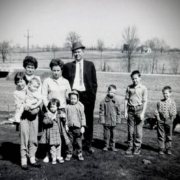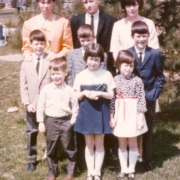It’s Time to Give Women a Crack at it! | Healthy Aging Series: S11 E22
I am A Social Worker I moved to Louisville 30 years ago to attend Social Work School. It seemed like a good decision considering I had spent the previous 15 years becoming disenchanted with being a Baptist Minister. I was still going to help people, but this time with an emphasis on social justice-social policy….












